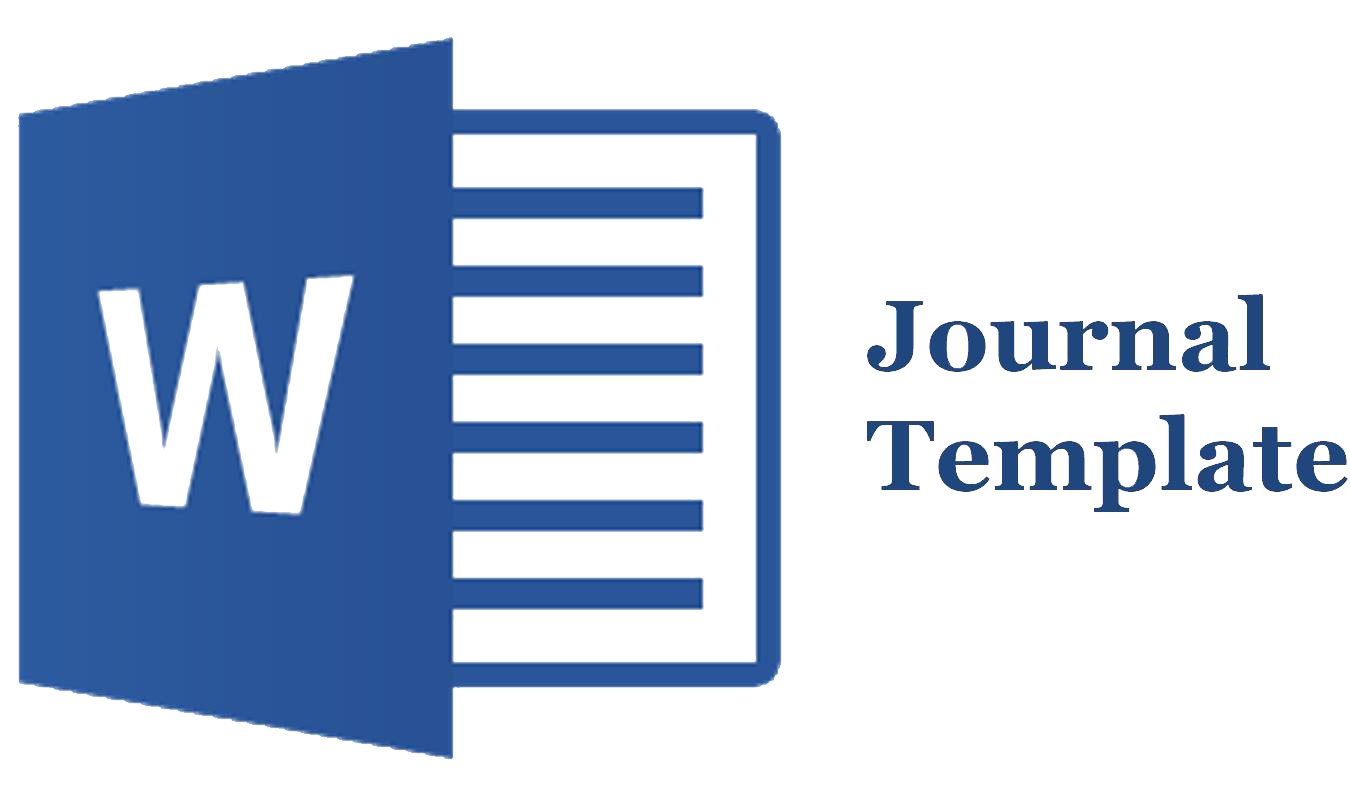The Practice of Machiavellian Political Power in President Soeharto’s Government during the New Order Era
Abstract
This article aims to analyze the relationship between Niccolò Machiavelli's political thought on power and the political practices of President Soeharto during the New Order era. The study employs a qualitative approach with descriptive-analytical methods and a historical perspective. Primary sources are drawn from Machiavelli’s works, while secondary sources are obtained from books and relevant journal articles. The findings indicate that Machiavelli’s idea that power must be preserved by any means is reflected in Soeharto’s policies, including mass killings of those accused of communism, mysterious shootings of criminal groups, and the silencing of the press. These practices demonstrate that power was exercised by prioritizing state stability, even when it contradicted moral values. Thus, Machiavelli’s political thought remains relevant to understanding authoritarian strategies of power in Indonesia during the New Order. The study also emphasizes the importance of historical inquiry in interpreting contemporary politics, showing how classical theories can be applied to explain authoritarian practices of power.
Keywords:
Authoritarianism, Machiavelli, New Orde, Political Power, SoehartoDownloads
References
How to Cite
Published
Issue
Section
License
Copyright (c) 2025 Mutiara Hardewita

This work is licensed under a Creative Commons Attribution-NonCommercial-ShareAlike 4.0 International License.
- Authors retain copyright and grant the journal right of first publication with the work simultaneously licensed under a Creative Commons Atribusi-Non Commercial-Share Alike (CC BY-NC-SA).
- Authors are able to enter into separate, additional contractual arrangements for the non-exclusive distribution of the journal's published version of the work (e.g., post it to an institutional repository or publish it in a book), with an acknowledgement of its initial publication in this journal.
- Every publication (printed/electronic) are open access for educational purposes, research, and library. Other than the aims mentioned above, the editorial board is not responsible for copyright violation.













